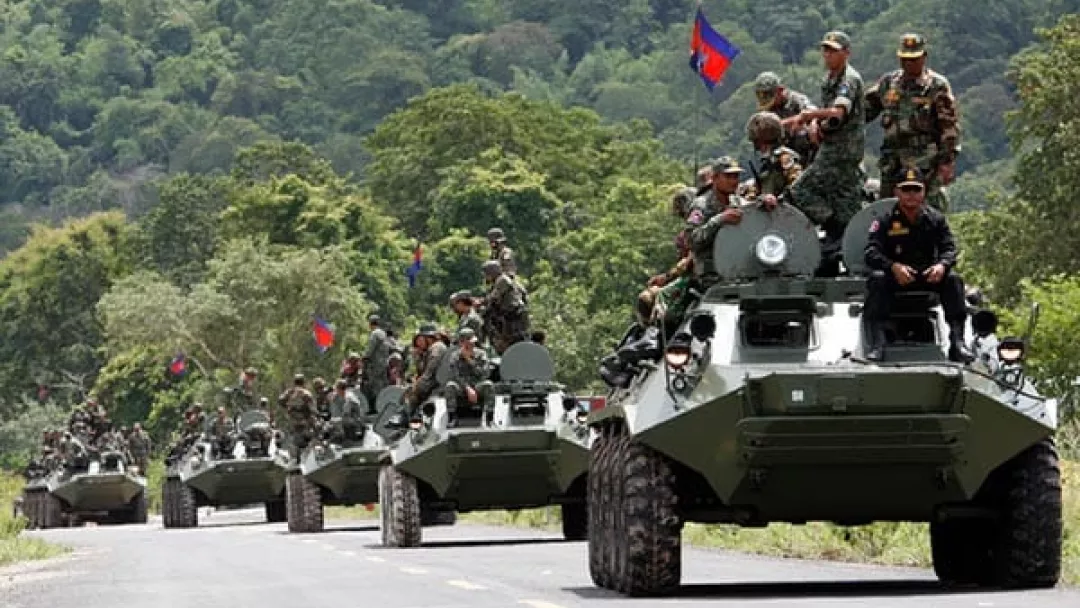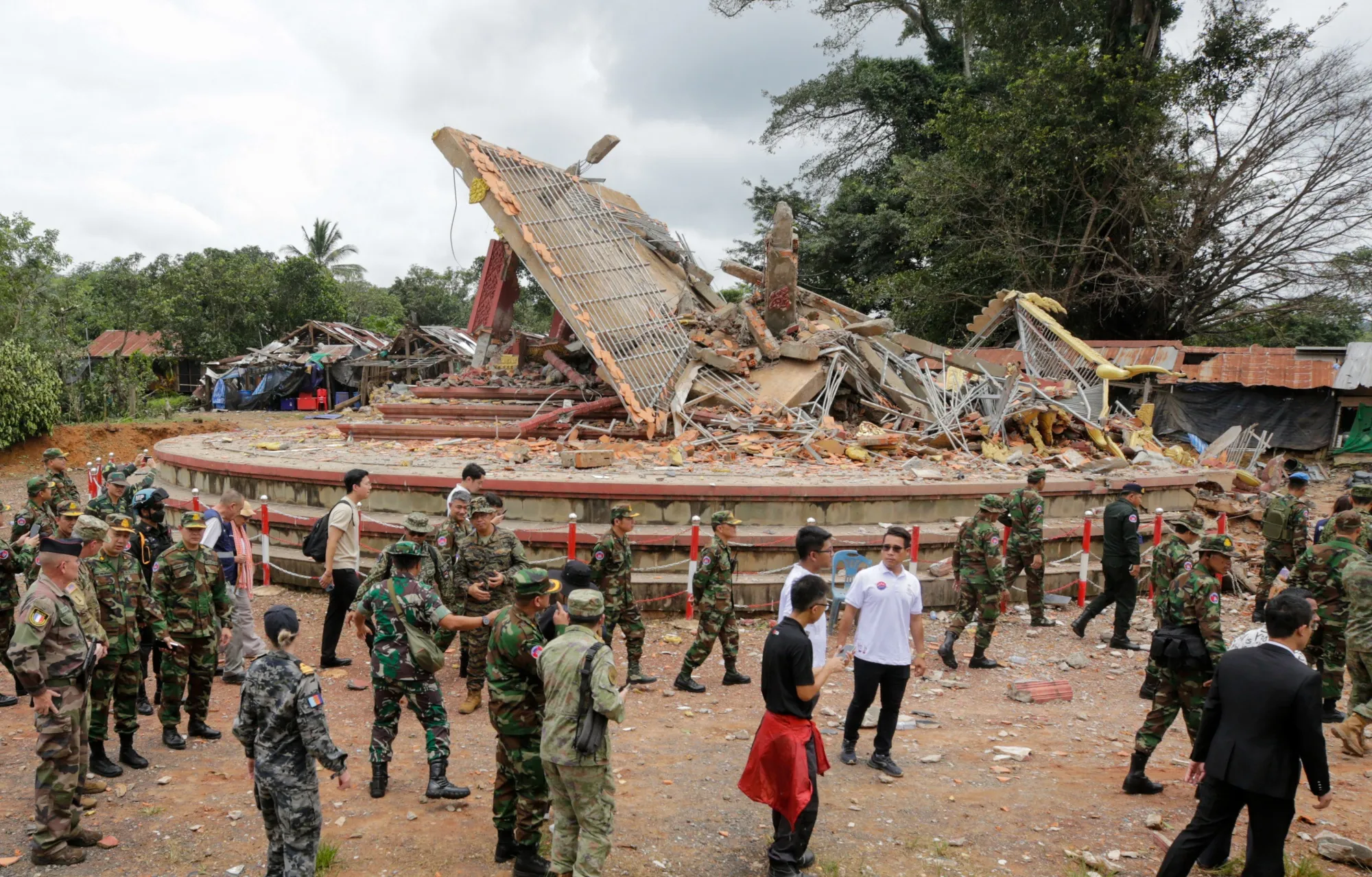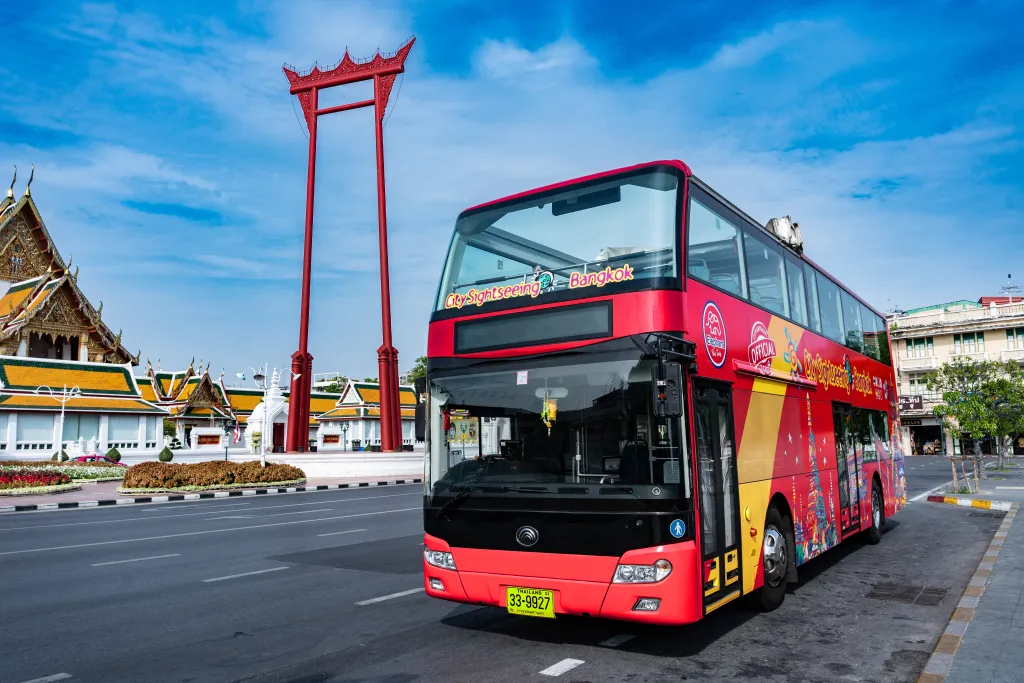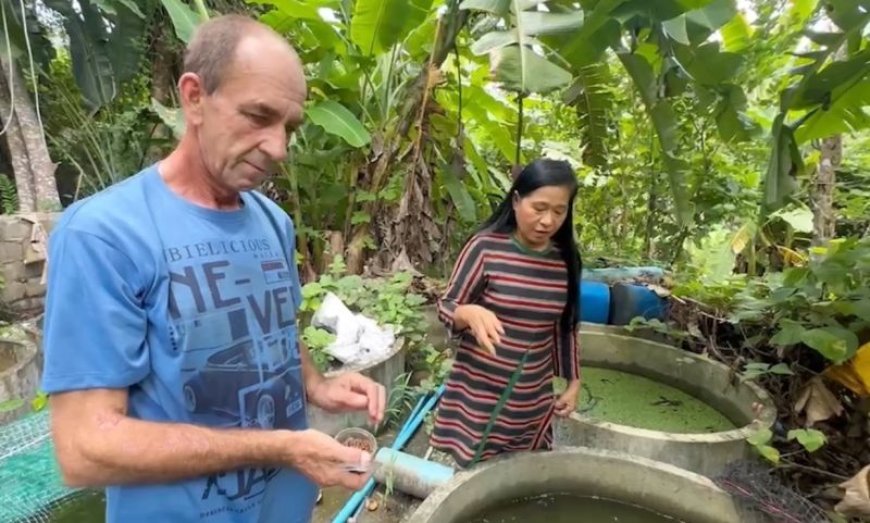Political Fallout from Border Tensions
Paetongtarn’s Approval Plummets
The escalating Thai-Cambodian border conflict has significantly eroded the political standing of Prime Minister Paetongtarn Shinawatra, with her public approval rating dropping sharply from 30.9% to 9.2%, according to a recent NIDA Poll. A leaked phone conversation with Cambodian leader Hun Sen has fueled public distrust, with many questioning her diplomatic decisions. The crisis has cast a shadow over the ruling Pheu Thai Party, weakening its legitimacy as critics seize on perceived foreign policy missteps to challenge its leadership ahead of future elections.
Leaked Call Sparks Controversy
Ties with Hun Sen Under Scrutiny
A leaked recording of Paetongtarn’s conversation with Hun Sen, referred to as “Uncle Hun Sen,” has become a lightning rod for criticism, intensifying border tensions and public outrage. Speculation about longstanding ties between the Shinawatra and Hun families has led to accusations of hidden transnational dealings. Paetongtarn has defended her actions, arguing that her crackdown on Cambodian-based call-center scams provoked Phnom Penh’s elite, but the public remains skeptical, viewing the exchange as a catalyst for the conflict’s escalation.
Military Gains Public Trust
Armed Forces Bolster Reputation
In stark contrast to the government’s declining popularity, the Thai military has emerged as a trusted institution during the border clashes. Its defense of national sovereignty has earned significant public support, enhancing its political capital. The military’s effective response, including the use of advanced weaponry, has sparked discussions about increasing funding for air power and modern defense systems. This shift highlights the armed forces’ ability to project strength and competence in times of crisis, overshadowing civilian leadership.
Diplomatic Missteps Under Fire
Foreign Policy Faces Criticism
The border conflict has exposed vulnerabilities in Thailand’s foreign policy, with Foreign Minister Maris Sangiamphongsa facing criticism for lacking clarity and confidence. Some question whether his loyalty to former leadership has left Thailand outmaneuvered by Cambodia on the global stage. The government’s handling of the crisis, particularly the perception of diplomatic naivety, has fueled accusations that it failed to anticipate or manage the conflict effectively, further damaging public confidence in Pheu Thai’s leadership.
Lasting Impact on Regional Relations
Trust Between Nations Fractured
The Thai-Cambodian border clashes have not only strained domestic politics but also damaged relations between the two nations’ peoples. The conflict’s fallout, including civilian suffering and infrastructure damage, has left lasting scars. Critics argue that the government’s perceived mishandling of diplomacy has weakened Thailand’s regional standing, allowing Cambodia to gain an upper hand. The challenge now lies in rebuilding trust and fostering stability, both domestically and with Cambodia, to prevent further escalation.
Pheu Thai Faces Electoral Challenges
Opposition Seizes on Crisis
As the next election approaches, the Pheu Thai Party confronts a steep uphill battle, with political opponents poised to exploit the border conflict to undermine its credibility. The public’s perception that the government’s diplomatic errors contributed to the crisis continues to linger, despite Paetongtarn’s insistence that Cambodia acted unilaterally. With additional pressures from economic stagnation, inflation, and natural disasters, the government must navigate a complex web of challenges to restore public confidence and maintain its political dominance.









